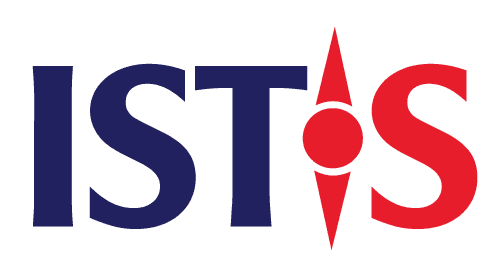Vietnam has emerged as an attractive destination for foreign venture capital (VC) investors, thanks to its rapidly growing startup ecosystem and high innovation potential. However, while there are many opportunities, international investors also face numerous operational challenges when entering the Vietnamese market.This report outlines the key difficulties encountered by foreign VC firms and investors when investing in Vietnamese startups, highlighting regulatory constraints, investment portfolio mismatches, and capital flow restrictions.
Key Challenges in Venture Capital Investment in Vietnam
Investment Portfolio Mismatch between Foreign and Domestic Markets
One of the significant challenges for foreign venture capital firms in Vietnam is the difference in investment portfolio allocation between international and domestic investors:
- Domestic investors in Vietnam primarily focus on traditional sectors such as real estate, manufacturing, and securities, while foreign venture capital funds tend to have a more diversified investment approach, including technology, fintech, biotech, and deep tech.
- In many developed markets, a significant share of venture capital funding comes from pension funds. However, in Vietnam, private pension funds are not yet common, limiting the available capital for early-stage, high-risk startup investments.
- The largest pension fund in Vietnam, the Social Insurance Fund, is legally restricted from investing in high-risk assets, including venture capital funds. Instead, its investments are limited to low-risk financial instruments such as government bonds, deposits, bonds, promissory notes, and certificates of deposit issued by commercial banks, as well as lending to the state budget, in accordance with Article 92 of the Law on Social Insurance 2014.
This structural limitation in Vietnam’s investment ecosystem reduces the availability of local institutional capital, making it harder for foreign VC firms to find co-investors or domestic funding partners.
Regulatory Constraints under Vietnam’s Investment Law
a. Investment Licensing and Bureaucratic Hurdles
- Foreign VC firms are subject to the same approval and licensing processes as other foreign direct investors (FDIs).
- Securing investment licenses and navigating Vietnam’s complex regulatory landscape can be time-consuming, increasing entry barriers for new investors.
b. Investment Management and Exit Strategies
- Foreign investors often face challenges in managing their investment portfolios, especially regarding equity ownership regulations and voting rights in Vietnamese startups.
- Exit strategies, such as selling shares or conducting mergers and acquisitions (M&A), can be complicated due to restrictions on foreign ownership and profit repatriation regulations.
c. Capital Repatriation and Taxation Issues
- Transferring profits and dividends back to investors’ home countries is subject to Vietnam’s foreign exchange controls and taxation policies.
- Unlike foreign capital markets, which have high liquidity and minimal barriers, Vietnam imposes regulatory restrictions that can discourage foreign investors from long-term commitments.
- Although anti-money laundering (AML) and Know Your Customer (KYC) regulations are in place globally, Vietnam’s investment compliance requirements add an extra layer of complexity for foreign investors.
Request for Startup Restructuring from Foreign VCs
Foreign venture capitals currently do not prioritize direct investment in startups in Vietnam. Instead, they require startups to undergo corporate restructuring to establish a parent company overseas. The primary motivation behind foreign investors’ demands for startup restructuring is to optimize investment conditions by leveraging more favorable policies and incentives. These objectives can be categorized into three key aspects:
- Ease of Capital Inflows and Exits: As previously mentioned, foreign primary and secondary capital markets are highly open and liquid. Investors seek markets where they can seamlessly invest and divest without being hindered by technical barriers or regulatory constraints.
- Tax Incentives: Foreign investors aim to benefit from preferential tax policies, particularly concerning capital gains.





